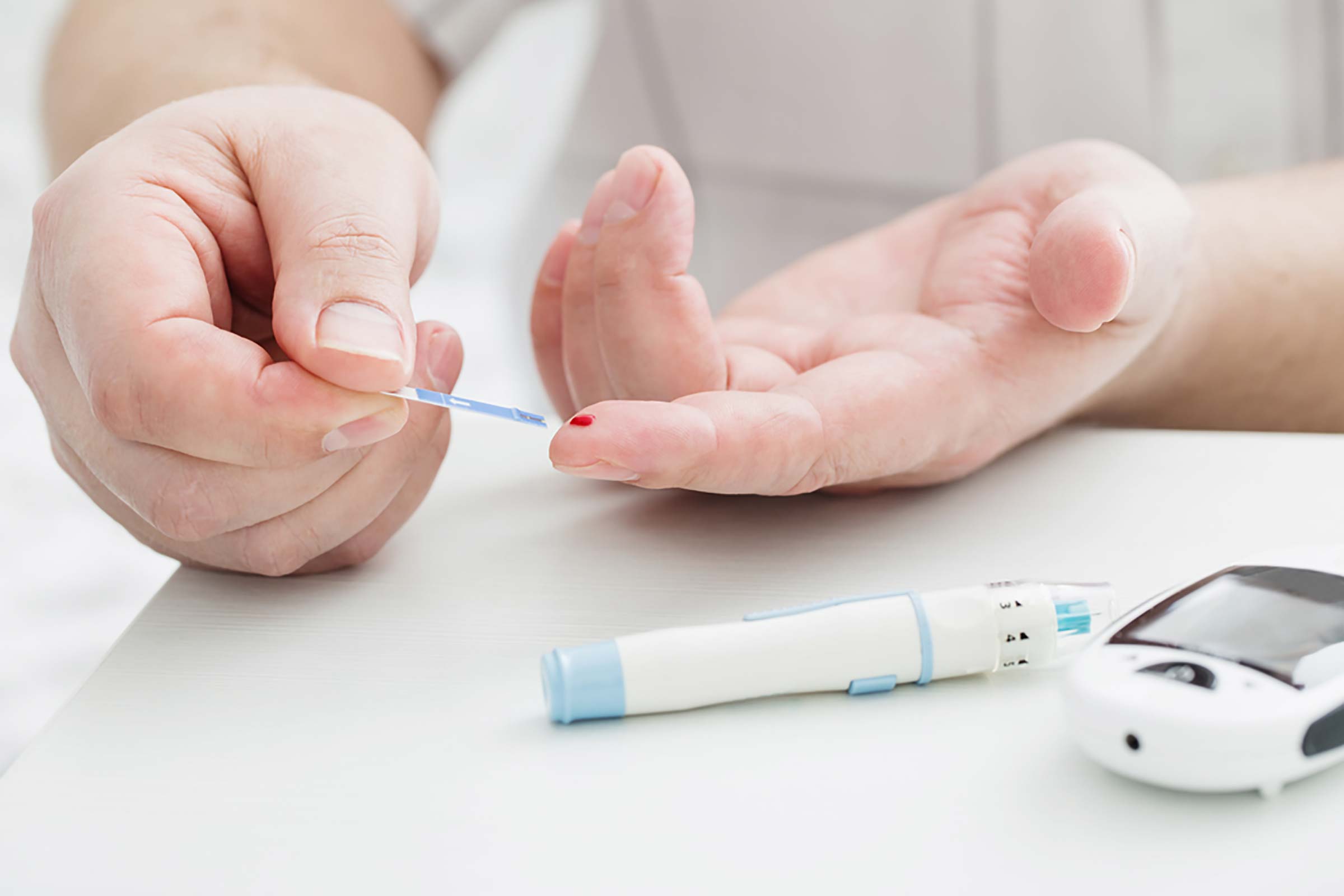Diabetes mellitus is a group of diseases affecting the use of glucose (blood sugar). Glucose is important to our health since it is used as a source of energy for the cells making up body tissues and muscles.
Causes of diabetes vary with the type; however, whatever the type of diabetes, it causes too much sugar in the body, which is a health hazard. Chronic types of diabetes include type 1 and type 2 diabetes. Diabetes can be reversed in the early stages such as prediabetes, a condition where the blood sugar levels are higher than normal, but not high enough to be classified as diabetes. Furthermore, gestational diabetes (occurs during pregnancy) is reversible after the baby is delivered.

Symptoms.
Signs and symptoms of diabetes vary depending on how much the blood sugar level is elevated. People with prediabetes or type 2 diabetes hardly experience any symptoms initially. However, symptoms of type 1 diabetes come quickly and are more severe. Diabetes type 1 and type 2 symptoms are:
- Constant urination.
- Irritability.
- Fatigue.
- High thirst levels.
- Hunger.
- Weight loss.
- Sores heal slowly.
- Ketones appear in the urine.
- Frequent infections of the gum, skin, and vagina.
Diabetes type 1 may develop at any stage; however, it is often during childhood or adolescence. Type 2 diabetes, the most common one, develops at any stage though more common in older people above 40 years.
Causes.
To understand diabetes properly, glucose processing in the body should be understood first.
Working of Insulin.
Insulin is a hormone secreted from a pancreas.
- Insulin is secreted into the bloodstream by the pancreas.
- Insulins enables circulation of sugar into the cells.
- Insulin lowers the sugar level in the bloodstream.
- A drop in the sugar level leads to a drop in insulin secretion from the pancreas.
The role of glucose.
Mainly functions as an energy source for the cells making up muscles and other body tissues. The liver stores and makes glucose. The liver breaks down, glycogen into glucose when the sugar level in the body is low.
Causes of type 1 diabetes.
It is unknown as to what exactly causes type 1 diabetes. However, it is known that the immune system responsible for fighting bacteria and viruses, attacks the insulin-producing cells, thus destroying them. Therefore, the body operates with insufficient insulin causing a sugar build-up in the bloodstream.
It is thought to be caused by genetic susceptibility and environmental factors, though, it is still unclear what the exact factors are. It is strongly believed that weight does not cause type 1 diabetes.
Causes of prediabetes and type 2 diabetes.
Prediabetes mostly leads to type 2 diabetes, where the cells become resistant to insulin action, rendering the pancreas unable to secrete enough insulin to overcome the resistance. Sugar builds in the bloodstream rather than moving into the cells for energy and tissue formation. Being overweight is attributed to type 2 diabetes; however, it is important to note that any overweight individual does not have type 2 diabetes.
Causes of gestational diabetes.
The placenta produces hormones during pregnancy used to sustain the pregnancy. The hormones enable cells to be more resistant to insulin.
The resistance makes the pancreas to secrete more insulin to overcome it, but at times the pancreas cannot keep up, leading to gestational diabetes.